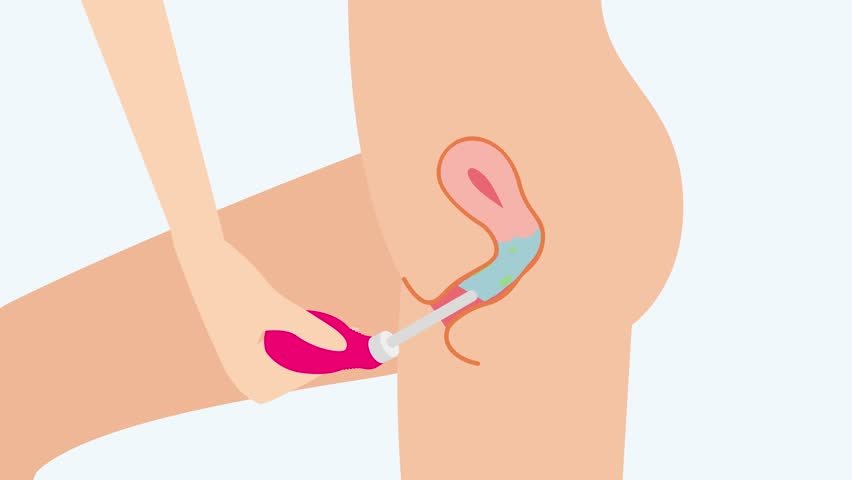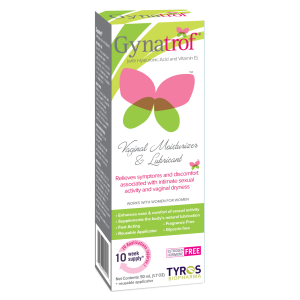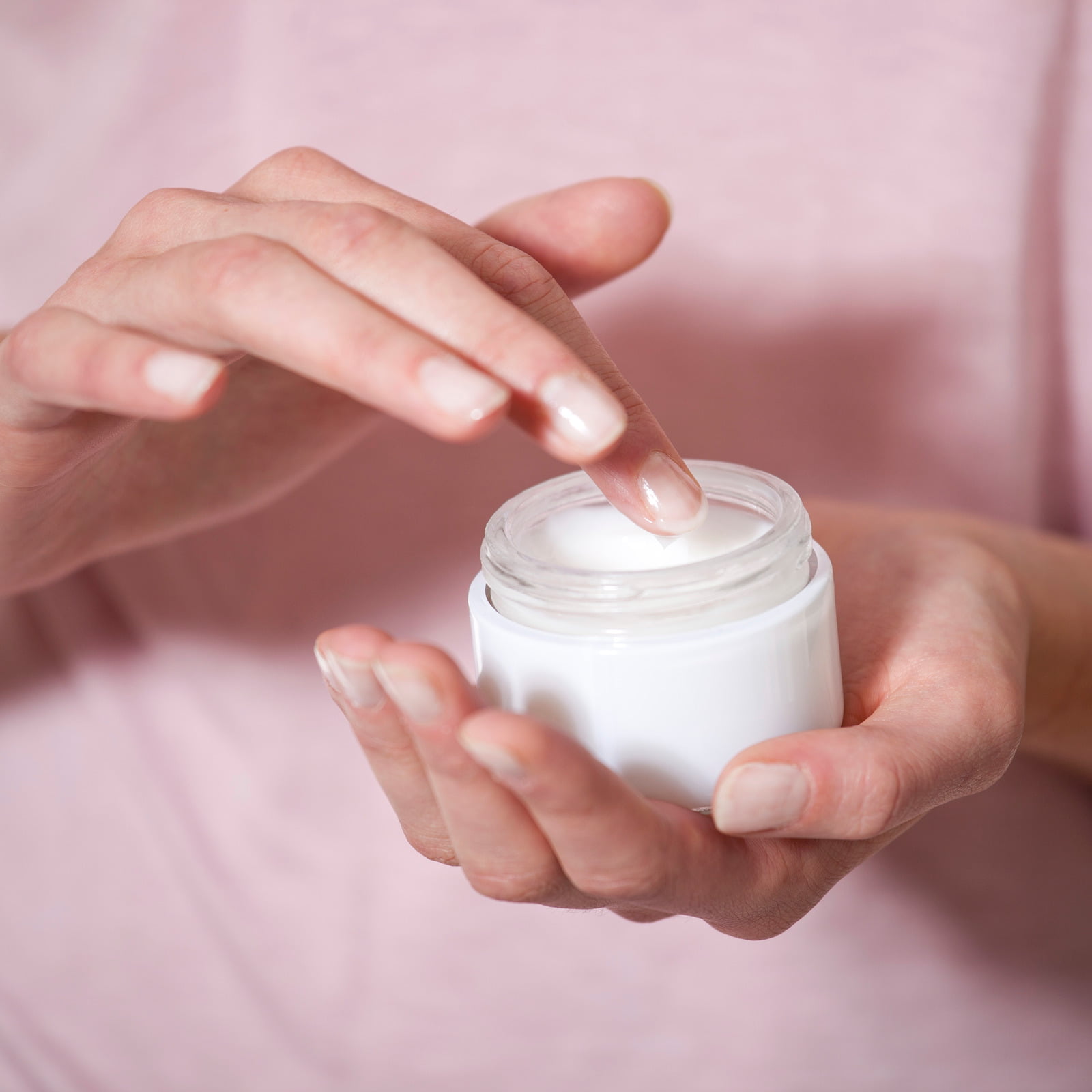Vaginal Douching, cleansing the vagina by flushing it with water or other mixtures, has been controversial for decades. While it was once considered a common hygiene practice, modern medical experts have raised serious concerns about its safety and effectiveness. In this comprehensive guide, we will explore the dangers and myths surrounding douching, shedding light on its potential risks and debunking misconceptions associated with this practice.
What is Douching?
Douching involves the introduction of fluids, such as water, vinegar, or commercial douching products, into the vagina to cleanse it. The reasons for douching vary among individuals, but they often include wanting to feel clean, eliminate odor, or prevent infections. It’s important to note that the vagina is a self-cleaning organ equipped with a delicate balance of beneficial bacteria, and it does not require douching to maintain cleanliness.
The Dangers of Douching: Understanding the Risks
Despite its historical popularity, douching poses several significant dangers to vaginal health:
- Altered Vaginal Microbiome: The vagina contains a delicate ecosystem of bacteria, known as *vaginal flora*, which helps maintain a balanced pH and protect against infections. Douching disrupts this natural balance, leading to an overgrowth of harmful bacteria and potentially causing bacterial vaginosis (BV) or yeast infections.
- Increased Infection Risk: Douching can propel harmful bacteria into the upper reproductive tract, leading to more severe infections such as pelvic inflammatory disease (PID). It can also increase the risk of sexually transmitted infections (STIs), including chlamydia and gonorrhea.
- Pregnancy Complications: Douching during pregnancy can lead to severe complications, including premature birth and low birth weight. It may also increase the risk of ectopic pregnancies.
- Irritation and Inflammation: Douching can irritate the delicate vaginal tissues, leading to inflammation, itching, and discomfort.
- Intimate Discomfort: Douching can disrupt the natural lubrication of the vagina, causing dryness and discomfort during intercourse.
- Negative Impact on Fertility: Douching may harm sperm, making it more difficult to conceive.
- Psychological Effects: Douching based on societal pressure or misconceptions about hygiene can lead to anxiety and unnecessary concerns about vaginal odor or cleanliness.
Debunking Douching Myths
Despite the overwhelming evidence against douching, several myths persist, leading some to believe it is beneficial or necessary. Let’s debunk some of the common myths:
- Myth: Douching Prevents Pregnancy: Douching does not serve as a reliable contraceptive method and does not prevent pregnancy. It may even increase the risk of pregnancy complications.
- Myth: Douching Eliminates Odor: Douching to eliminate vaginal odor is unnecessary and counterproductive. The vagina has a naturally acidic pH that prevents the growth of odor-causing bacteria when in balance.
- Myth: Douching After Sex Prevents STIs: Douching after sexual intercourse does not protect against sexually transmitted infections. If concerned about STIs, it’s essential to use condoms and practice safe sex.
- Myth: Douching is Essential for Cleanliness: The vagina is self-cleaning, and douching is unnecessary for maintaining cleanliness. Proper hygiene, such as regular washing of the external genitalia with mild soap and water, is sufficient for vaginal health.
Promoting Healthy Vaginal Care
To maintain a healthy and balanced vaginal ecosystem, consider adopting the following practices:
- Practice Proper Hygiene: Wash the external genital area with mild soap and water during your daily shower, avoiding harsh soaps or scented products that can disrupt the natural pH balance.
- Wear Breathable Underwear: Choose natural, breathable fabrics like cotton to allow proper airflow and reduce moisture, creating an ideal environment for bacteria to grow.
- Avoid Overusing Antibiotics: While antibiotics are necessary for treating infections, excessive use can harm beneficial bacteria in the vagina, leading to imbalances.
Douching is a practice that offers no real benefits and poses significant risks to vaginal health. Understanding the dangers and debunking the myths surrounding douching is essential for promoting overall vaginal well-being. Instead of douching, embrace proper hygiene practices and support the vagina’s natural self-cleaning mechanisms to maintain a balanced and healthy vaginal environment.
References:
- Study: “Douching and Adverse Health Effects: A Systematic Review.” This systematic review, published in the American Journal of Public Health, analyzed various studies on the health effects of douching. The review found that douching is associated with a higher risk of bacterial vaginosis (BV), pelvic inflammatory disease (PID), cervical cancer, and sexually transmitted infections (STIs). The authors concluded that douching disrupts the vaginal microbiome and poses significant health risks.
- Study: “Douching Practices among Women in the United States and Worldwide: A Systematic Review.” This study, published in the Journal of Women’s Health, reviewed data on douching practices among women globally. The findings revealed that douching is a common practice among some women groups and is often linked to misconceptions about hygiene and cleanliness. The study highlighted the need for public health campaigns to educate women about the risks of douching.
- Study: “Vaginal Douching and the Risk of Ectopic Pregnancy among Black Women.” Published in Obstetrics & Gynecology, this study explored the association between douching and the risk of ectopic pregnancy among Black women. The results showed that women who reported douching were more likely to experience ectopic pregnancies, potentially negatively impacting fertility.
- Study: “Vaginal Douching, Condom Use, and Sexually Transmitted Infections Among Chinese Women.” This research, published in Sexually Transmitted Diseases, investigated the relationship between douching and sexually transmitted infections (STIs) among Chinese women. The study found that douching was associated with an increased risk of STIs, particularly gonorrhea and chlamydia.
- Study: “Vaginal Douching and the Risk of Preterm Birth Among Black Women.” This study was published in the American Journal of Obstetrics & Gynecology and examined the association between douching and preterm birth among Black women. The findings indicated that douching was linked to an elevated risk of preterm birth, emphasizing the importance of avoiding this practice during pregnancy.
- Study: “Association Between Vaginal Douching and High-Risk HPV Infections.” This study was published in the Journal of Infectious Diseases and explored the link between douching and high-risk human papillomavirus (HPV) infections. The research revealed that women who reported douching had a higher likelihood of acquiring high-risk HPV strains associated with an increased risk of cervical cancer.
- Study: “Douching and Adverse Pregnancy Outcomes: Meta-analysis of Published Studies.” This meta-analysis, published in the Journal of Women’s Health, compiled data from various studies examining the impact of douching on pregnancy outcomes. The analysis demonstrated that douching is associated with adverse pregnancy outcomes, such as preterm birth and low birth weight.
- Study: “Vaginal Douching and the Risk of Ectopic Pregnancy in a Multiethnic Population.” This study was published in the American Journal of Epidemiology and assessed the relationship between douching and ectopic pregnancy in a diverse population. The findings showed that douching increased the risk of ectopic pregnancy in different ethnic groups, further confirming the potential negative impact on reproductive health.
- Study: “Vaginal Douching and the Risk of Bacterial Vaginosis: A Meta-analysis.” This meta-analysis, published in Epidemiology, examined various studies investigating the association between douching and bacterial vaginosis (BV). The analysis found a significant positive correlation between douching and BV, indicating that douching disrupts the vaginal microbiome and increases the risk of BV.
- Study: “Douching and Cervical Carcinogenesis: A Systematic Review and Meta-analysis.” Published in the International Journal of Cancer, this systematic review and meta-analysis explored the connection between douching and cervical cancer. The results revealed that douching was associated with a higher risk of cervical cancer, emphasizing the importance of avoiding this practice.





